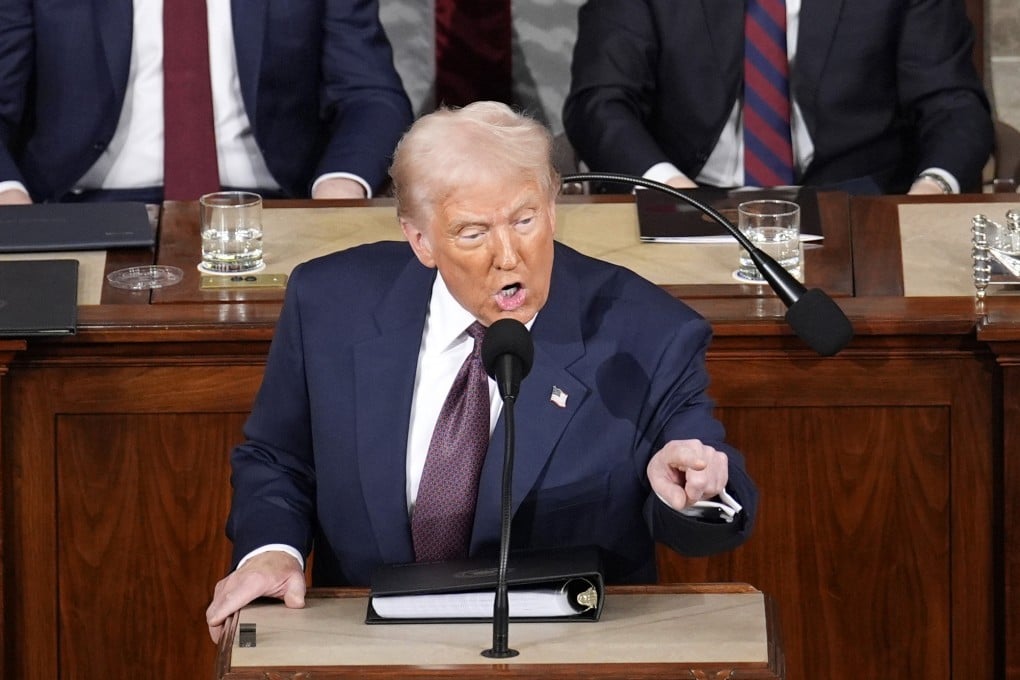Opinion | Can Trump and China’s contrasting economic visions finally settle state vs market debate?
Beyond political and other concerns, the US and Chinese approaches to their economies have intellectual roots stretching back centuries

The outcomes of these conflicting doctrines may impact the global balance of power and even settle a centuries-old debate on economics and public governance.
Whether he is aware of it or not, the intellectual roots of the values Trump champions stretch back to John Locke, the 17th-century philosopher who profoundly influenced the founding of the United States and its constitution – even though most Americans today are blissfully unaware of him.
Simply put, this school argues that government power is a necessary evil that must be kept on a tight leash. Its principal function is to protect personal liberty and rights – by which Locke chiefly means “property rights”.
“The great and chief end of men uniting into commonwealths, putting themselves under government, is the preservation of their property,” Locke famously wrote in his Second Treatise on Civil Government.
